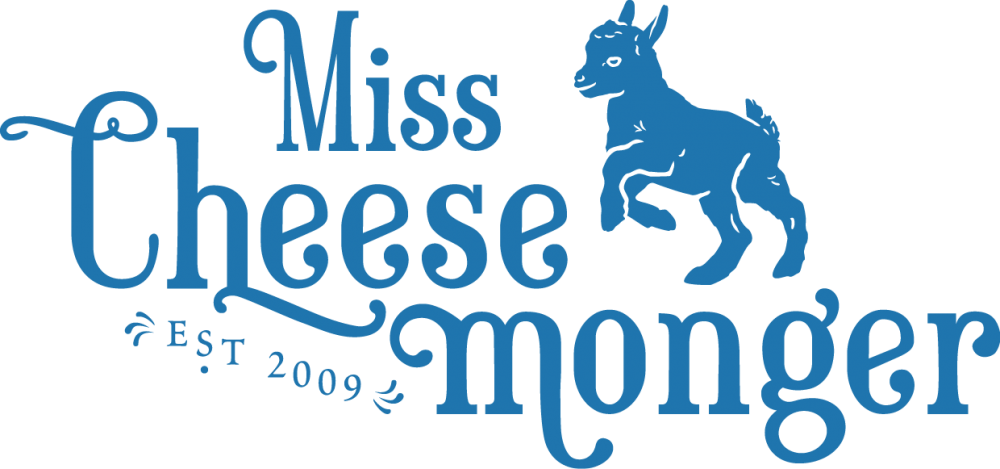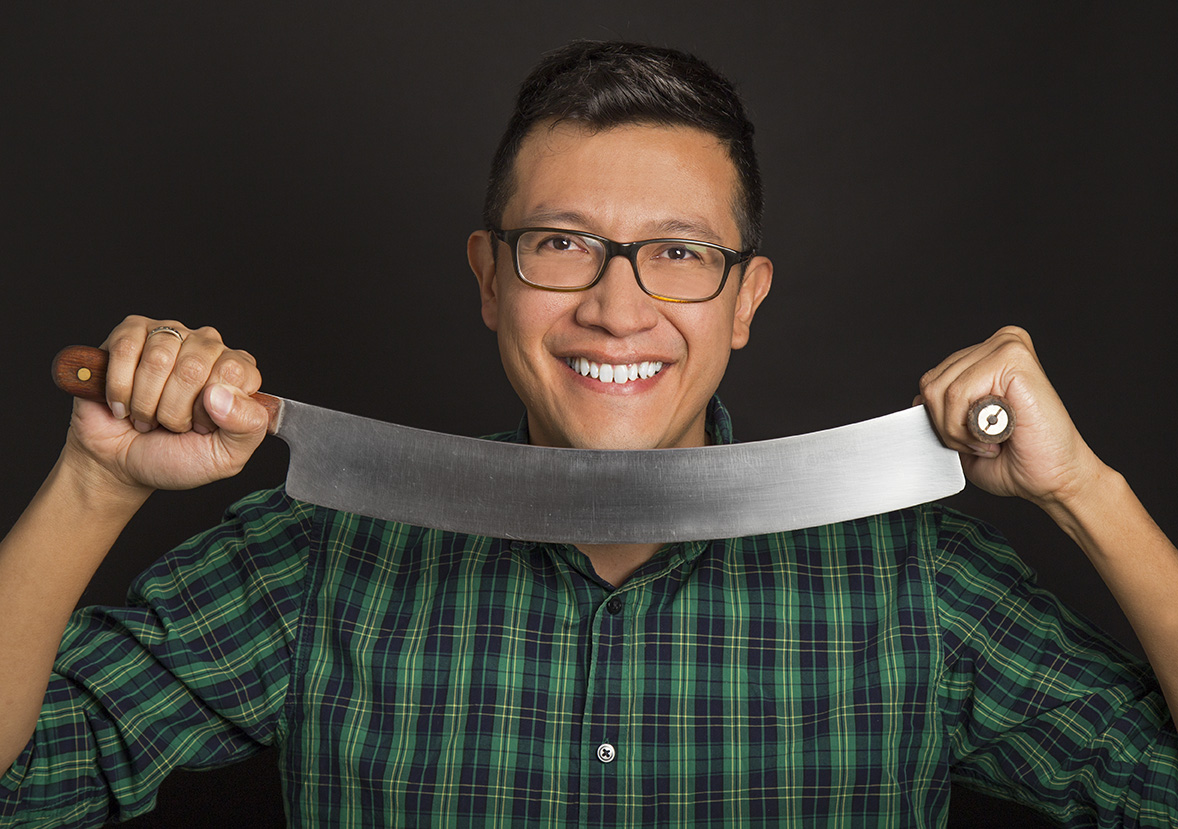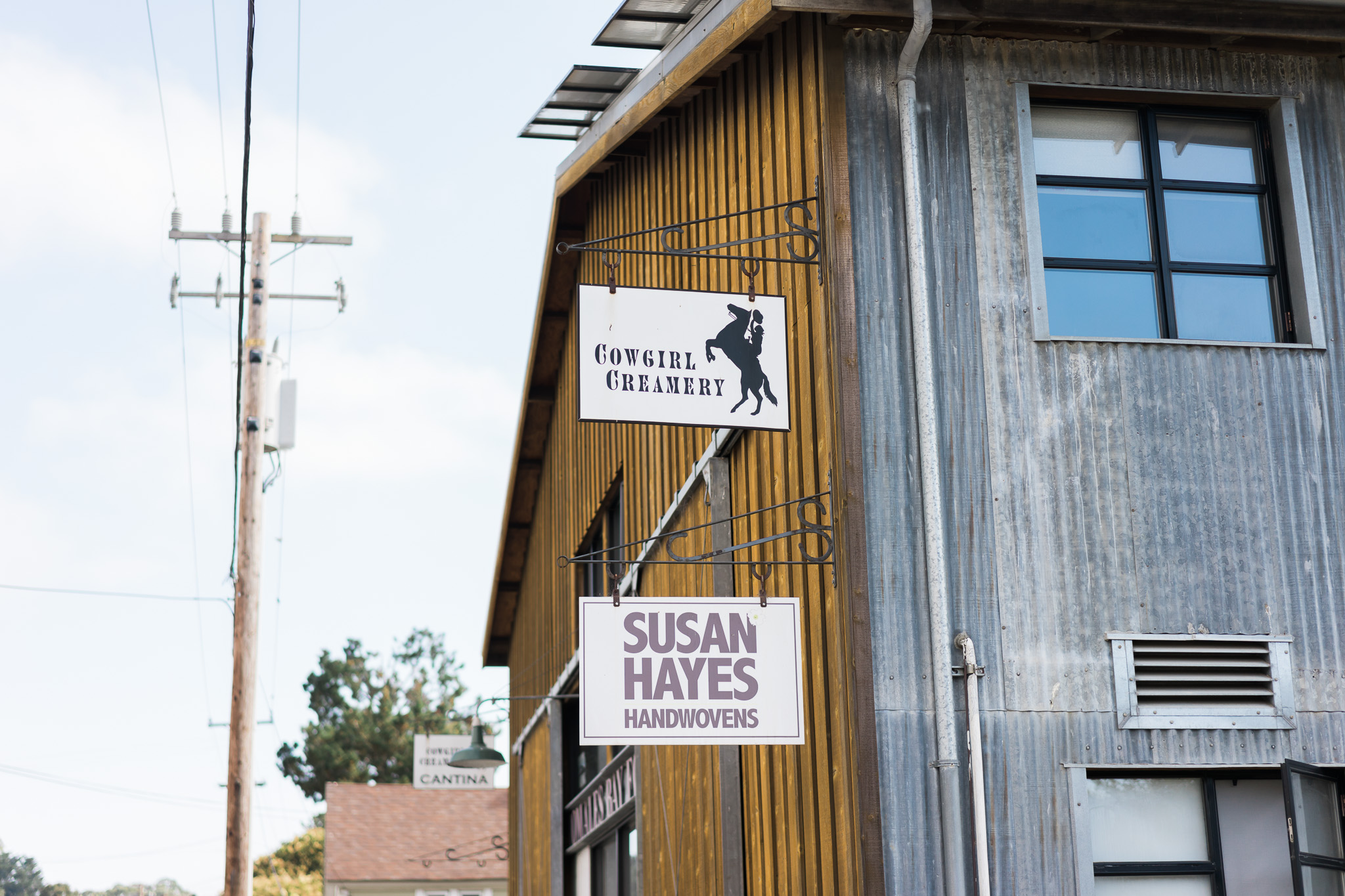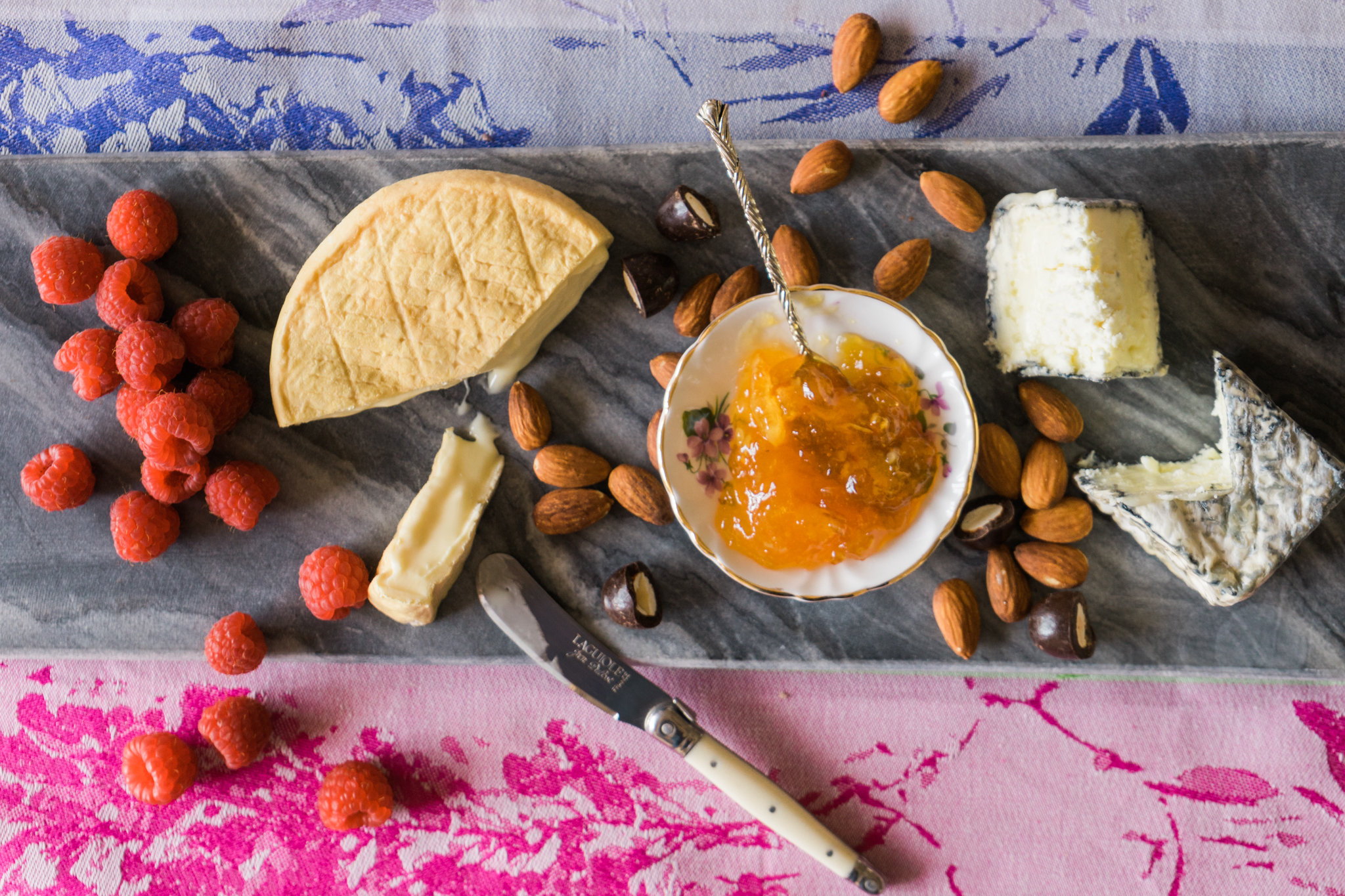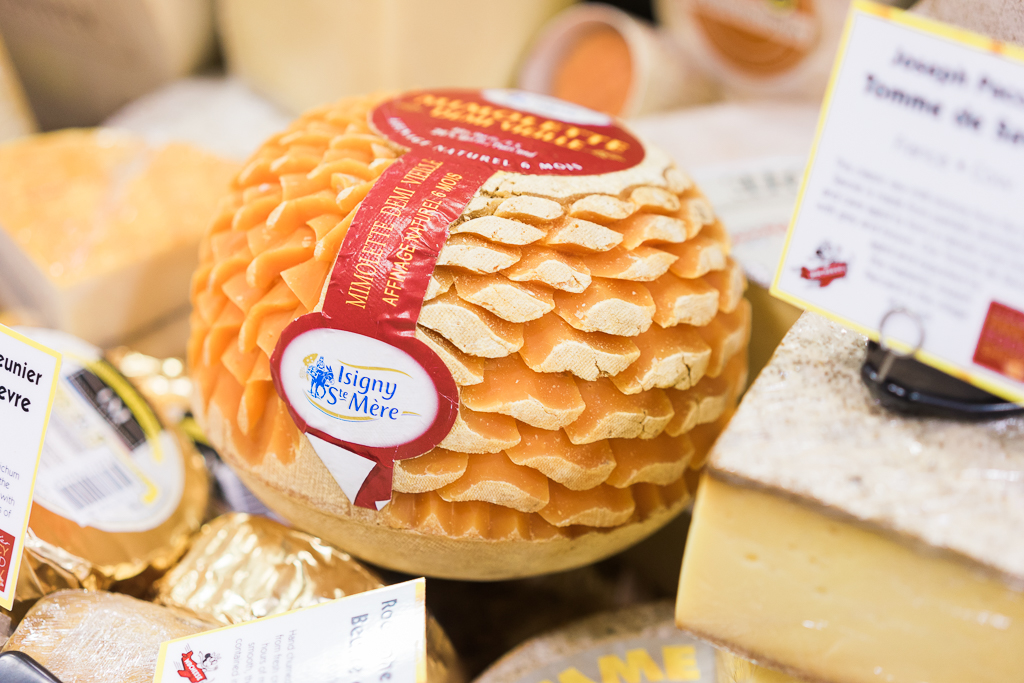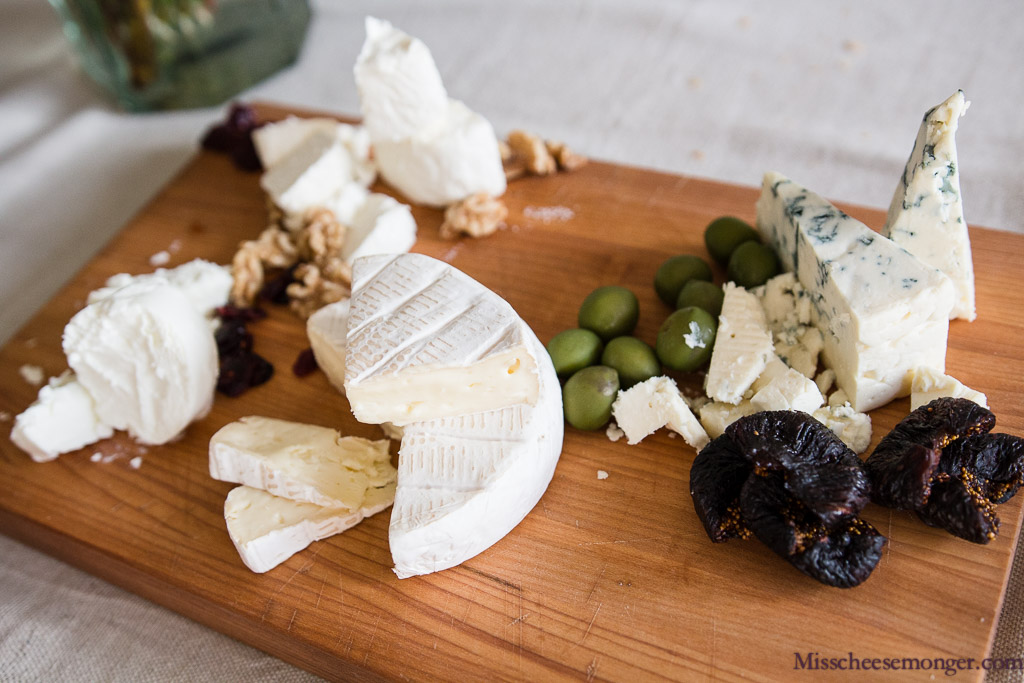Hello, my friends! Did you celebrate Raw Milk Cheese Appreciation day on April 22? The day’s organizer, the Oldways Cheese Coalition, established Raw Milk Cheese Appreciation Day several years ago as part of their ambitious raw milk cheese advocacy program. To understand what they’re all about, I talked with Carlos Yescas, their program director, about his work and some of the stigmas surrounding raw milk cheeses.
What is the Oldways Cheese Coalition?
Carlos: The first coalition [made primarily of cheese makers and retailers] started in 1999. Back then, there was a real threat of a complete ban on raw milk cheeses, both made in the US and imported to the US. A group of people [cheese makers and other industry players] got together to lobby Congress and fight [the threat] because a lot of cheeses would disappear. Because it was 1999, things were so different. People would still write letters to their Congressmen, so a lot of cheese stores got involved. People signed petitions in cheese stores that would be sent to Congress.
This sort of movement began because of a lot of concern about problems with some raw milk and pasteurized cheeses. The first coalition was really successful, and it got the FDA [The Food & Drug Administration] to reconsider what they were doing, and start working with cheesemakers and the cheese industry, to have an exchange of ideas and create a system where raw milk cheeses were not threatened any more.
In 2014, there was this whole issue with the wood boards. An FDA official had given a different interpretation to a rule that had existed for a long time [regarding cheeses aged on wooden boards]. The government was not allowing cheeses aged on wood boards to come into the country. The coalition came back together, and pushed for wood boards. Since then, the coalition has addressed other issues, like regulatory changes on non-toxigenic e. coli and issues around the joint risk assessment conducted by the FDA and Health Canada. It was only in 2015 that I [Carlos] joined the coalition. The coalition needed someone to raise its profile, and make it international.
What are the goals of the Oldways Cheese Coalition?
Carlos: We feel like the industry could do more to inform the consumer about traditional cheesemaking methods, and explain why they’re safe and good. Most of the work that is currently being done is by bloggers and people in the mainstream media. There’s little coming from the inside. We’re trying to create this awareness [and knowledge base from within the industry].
The second thing we do is very behind the scenes work. Not because we don’t want people to see us, but we know the only way we can convince Congress and the FDA that traditional cheeses should not disappear is if we have tools and information to show how cheeses and raw milk cheeses are being made, and how many jobs, how many companies are on the line. There isn’t much public information about that, but the American Cheese Society is also also collecting this information and is diligently sharing their findings. We’re collecting policy-oriented information and creating action networks that we can use later on to connect with Congresspeople. If you’re a Congressperson and come up with rules or cut spending to support small farms, [we want to tell that person], “You’re upsetting this amount of jobs in your district.” If you, a Congressperson, affect trade flow between the US and the EU, this will affect people and jobs in your district. There is something about cheese that people care about; there is a consumer base. We’re here to tell Congresspeople how much that affects real people in terms of dollars, people in [their] neighborhood.
What can consumers do to support the Oldways Cheese Coalition and traditional cheese?
Carlos: Consumers can eat raw milk cheese. It’s a very easy call to arms. We want you to eat cheese. If you are eating it, there is a market there. If a person goes to counter and says, “I want raw milk cheese,” cheesemongers see that consumer exists, and they will order more of it. The cheesemaker will see these orders, and make more raw milk cheese. We want there to be a market for raw milk cheese.
The hope is that once consumers “have tasted a gorgeous Gruyère, Grayson, or any raw milk cheese, their tongue [will fall] in love with them. If someone then tells the consumer that this cheese is going to disappear, you’re going to be very angry.”
What does the Oldways Cheese Coalition want people who haven’t experienced raw milk cheese to know?
Carlos: Many times, people have not [tasted raw milk cheese] because they don’t realize they are in the supermarket, and they think it is esoteric food that only people with a secret password can go to a farm and eat. There is also a lot of paranoia that raw milk cheese is illegal. Cheese that is sold in the US is not illegal. [In fact,] we don’t want people to buy illegal cheese. We don’t want people making and selling raw milk cheese without proper sanitation and licenses. We want to get rid of the stigma that [raw milk cheesemakers] are doing something illegal. Cheesemakers are not doing illegal things. They’re following rules and they’re trying to make a living.
What’s a good introductory raw milk cheese?
Carlos: Idiazabal. I really love Idiazabal. It’s one of those cheeses everyone has heard about. It is firm and sweet, so it is already likeable. It has that sheepy taste and it is nutty and good. The only way you can make good Idiazabal is to make it with raw milk. There are cheeses in the US being sold as a Basque Spanish style, trying to call themselves Idiazabal made with pasteurized milk. But when you put them side by side, the raw milk makes a difference.
Another thing people don’t get—many cheeses you love have raw milk versions. Many people love Brie and Camembert, but they have never had the raw milk versions, so they have never really had it. If you think this stuff is good, imagine the raw milk version.
{It’s Miss Cheesemonger. Seriously, real Camembert may be my favorite cheese of all.}
We talked a little bit about those gimmicky cheese we’ve seen on the Internet lately—like shot glasses made of industrial cheese, filled with wine, or obscenely huge grilled cheese sandwiches— and we agreed that it’s bad. You’re not going to see Miss Cheesemonger or Oldways Cheese Coalition promoting stuff like that because that kind of industrial cheese makes us obese, it supports mistreatment of animals, and it does nothing to honor the land. On the other hand, artisanal producers take care of their animals and care a lot about cheese production. If you have to reach for a piece of cheese, support cheesemakers who care.
Thank you, Carlos, for sharing your work with us! Let’s all support traditional cheesemaking by eating our favorite raw milk cheeses! Right now, I’m enjoying some Gruyère 1655 because I need some of that nuttiness in my life.
If you’d like to learn more about the Oldways Cheese Coalition, visit their website, their Facebook page, their Instagram, or Twitter account.
It’s my work to create great content for you. Do you love you see? Here is how you can support me:
PHOTOGRAPHY! Let me bring your food projects, business, and products to life. Let’s create something beautiful together! See my food photography portfolio. Or see my portrait portfolio for portrait work. Contact me to start brainstorming!
BUY through my affiliate account links at Amazon.com (where you can get nearly anything under the sun) and the French Farm (where you can find delicious and beautiful French products for the kitchen, and get free shipping for orders over $75). Bookmark these links for later! You can purchase anything through them, not just what I recommend to you, and I will receive a small percentage of those sales at no extra cost to you! Everybody wins!
